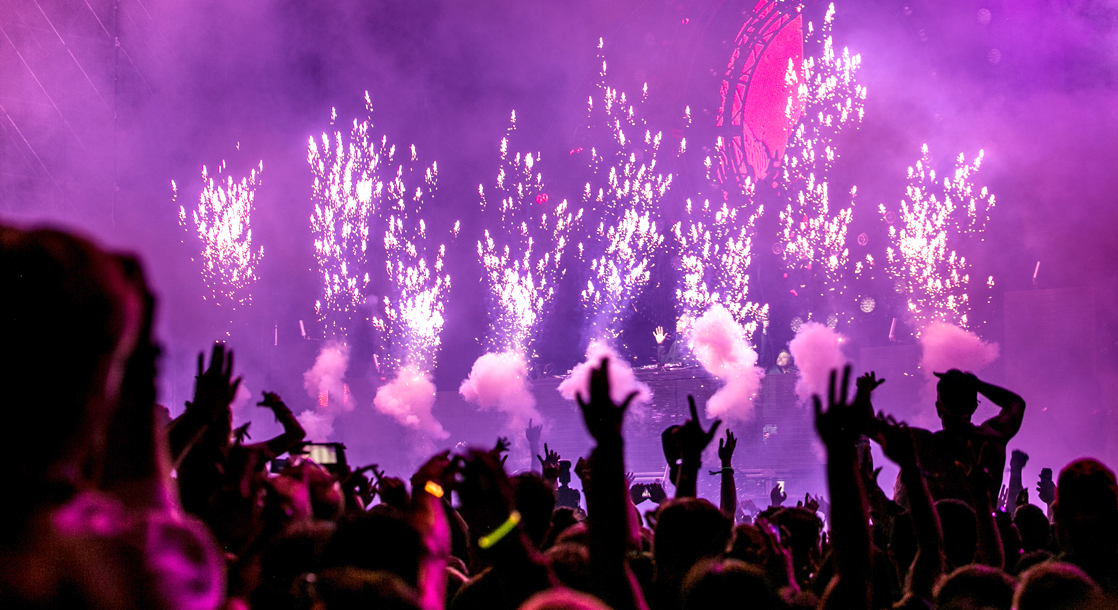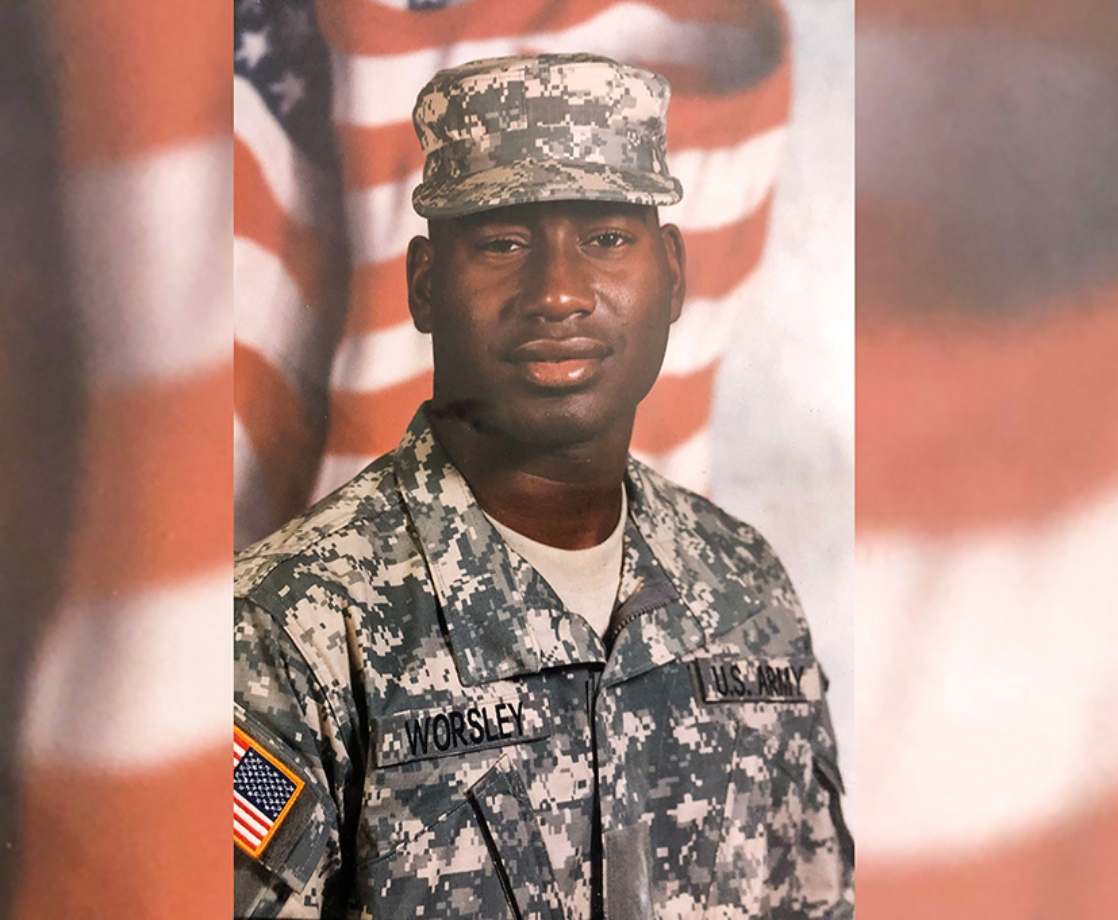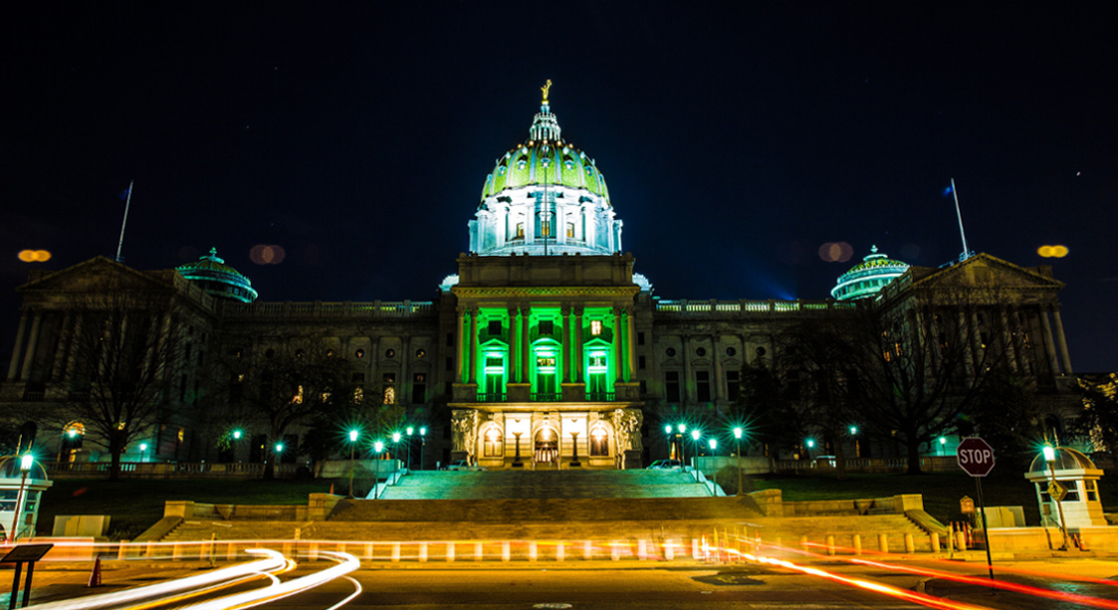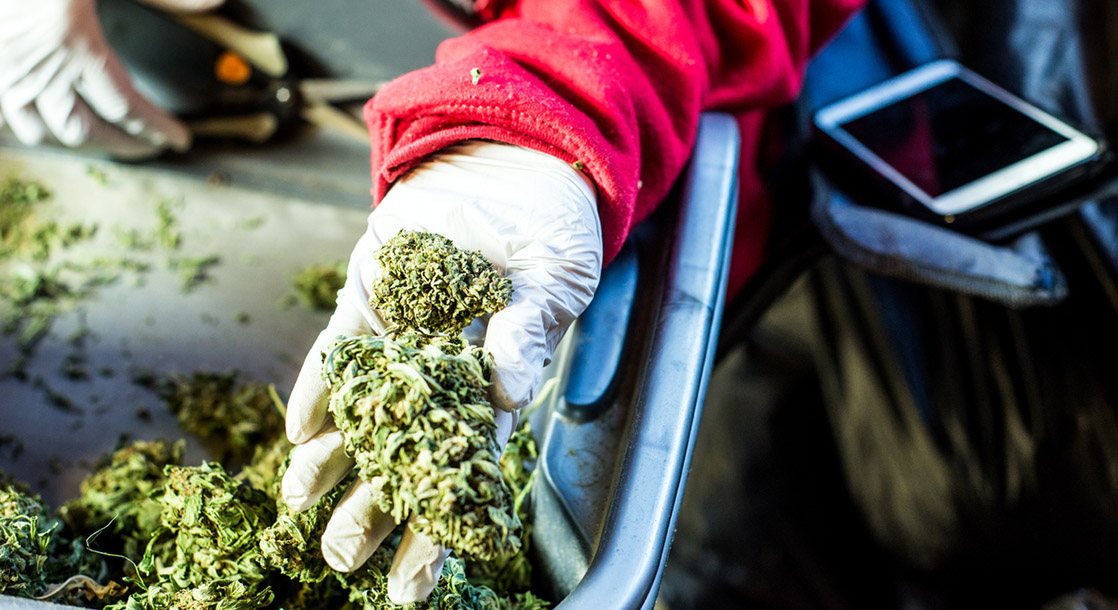British Columbia just kicked off Canada’s first large-scale experiment with full-on drug decriminalization. Government officials created this new pilot program to help stem the growing tide of drug overdoses that is currently ravaging the province, but activists are worried that the program’s tight restrictions will prevent it from succeeding.
The program, which runs from January 31 of this year until January 31, 2026, decriminalizes the possession and use of up to 2.5 grams of cocaine, crack, MDMA, methamphetamine, heroin, fentanyl, and most other opioids. Decriminalization only applies to adults over the age of 18, though, and selling, producing, or trafficking these drugs will remain strictly illegal.
For the duration of the program, BC cops will not be able to arrest, fine, or press criminal charges against anyone who complies with the rules, and they can’t even confiscate drugs that they find. Police will be required to share information about local social services and drug treatment programs with users, but cannot force anyone into these programs.
“Decriminalizing people who use drugs is a critical step in the province’s fight against the toxic drug crisis,” BC government officials told Filter. “The goal of decriminalization is to help break down stigma—the fear and shame associated with drug use — so more people will feel comfortable reaching out for life-saving supports.”
Local activists are concerned that the new program is too limited to actually achieve those goals, though. The program only decriminalizes four types of drugs, so people busted with Xanax or other popular benzodiazepines can still be sent to jail. The new law also completely ignores psychedelics like LSD, DMT, and psilocybin, which all have established therapeutic value and pose no risk of overdose or addiction.
Activists also argue that the 2.5-gram threshold for decriminalization is way too low to make a practical impact. Many drug users buy larger quantities of drugs at a time, either to get a price break or to simply avoid frequent meet-ups with dealers. This limit could potentially lead cops to refocus their drug prohibition efforts on busting people who violate the strict decriminalization rules, rather than just letting them go about their business as the law intends.
And unlike Canada’s federal cannabis legalization law, which aimed to replace shady black market weed with quality-tested products, BC’s new program doesn’t address the dangers of the illicit drug supply. Most illegal drugs are cut with unknown and untested chemicals, and even non-opioid drugs like coke or molly are now often mixed with fentanyl. In most cases, drug users have literally no idea what they are buying, and this toxic mix of chemicals has greatly increased the rates of accidental overdoses and deaths.
“Decriminalization alone does not address the issue that drug users will still need to access an unregulated and deadly drug supply,” said Jeremy Kalicum, cofounder of the Drug User Liberation Front (DULF), a harm reduction group, to Filter. “Step up and address this issue or allow us access to the resources and funds to do it ourselves.”
But even without access to said funds, DULF is taking steps to help address these concerns. The group currently offers small quantities of quality-tested coke, heroin, and meth to its members in Vancouver. Other harm reduction groups will also be working to combat some of the other deficiencies of the program. The Vancouver Area Network of Drug Users (VANDU) plans to start handing out educational fact cards that explain the possession limit and include a specific list of which drugs are exempt from prosecution.
Cover image via











